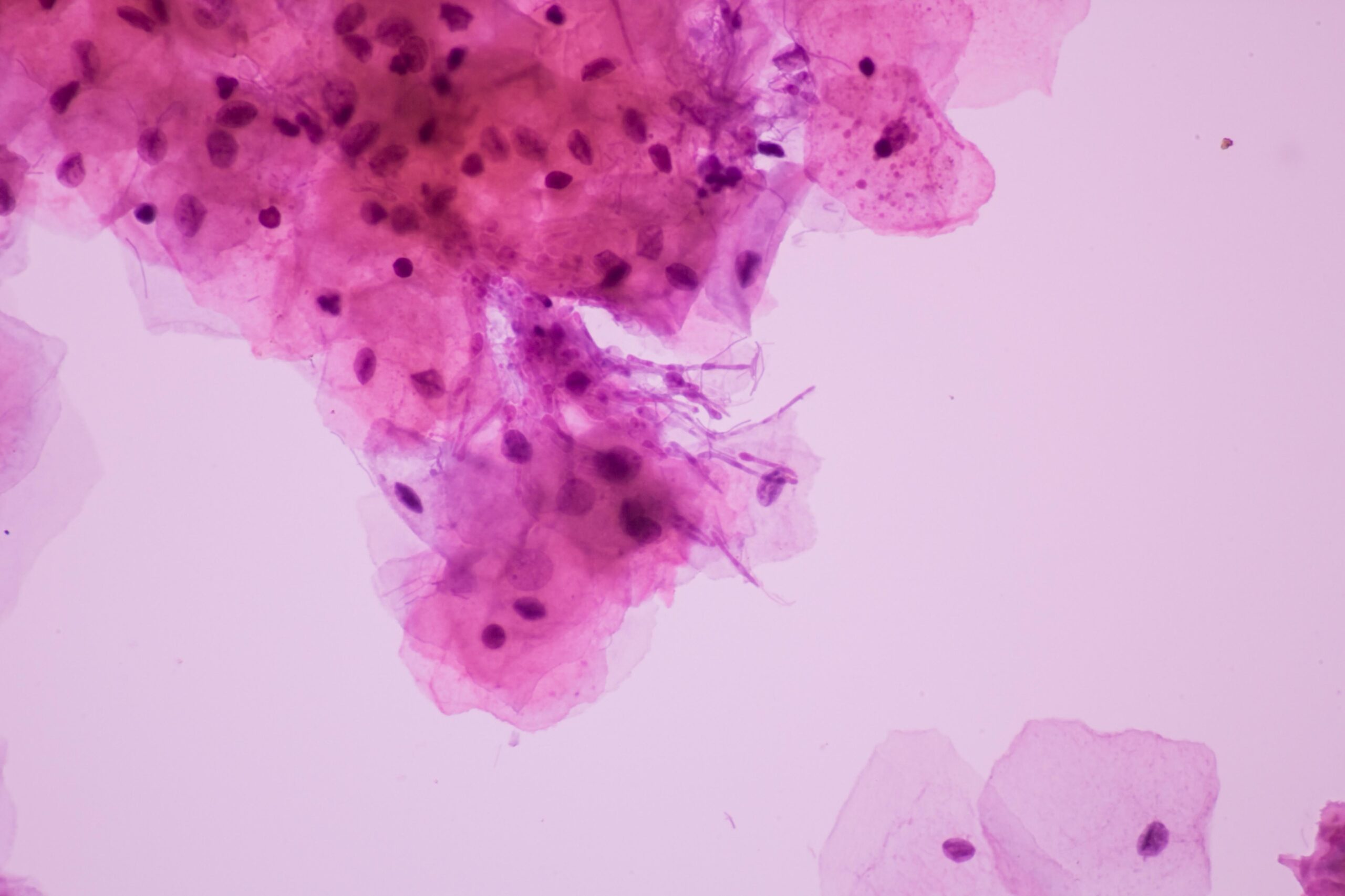• Vaginal fluid transplant
• Tackling bacterial vaginosis
What is already known on this topic
Bacterial vaginosis is a common bacterial condition that affects up to one in three women of reproductive age and occurs when the balance of microbes in the vagina – known as the vaginal microbiota – becomes altered. In most cases, antibiotics can treat this condition. But in some women, bacterial vaginosis recurs within a few weeks or months, despite multiple antibiotic treatments.What this research adds
Researchers transplanted vaginal fluids from healthy women to five women who had a history of recurrent bacterial vaginosis symptoms and had not responded to antibiotics. Four of the five women showed a considerable improvement of symptoms 5 to 21 months after transplantation, while the fifth showed incomplete remission.Conclusion
Larger, placebo-controlled trials are required to test the therapeutic efficacy of vaginal microbiome transplant, but this small study suggests that women with recurrent bacterial vaginosis could benefit from the procedure.
Transplanting vaginal fluids from one woman to another could restore the bacterial microbiota and help treat severe cases of a common vaginal inflammation, a small study suggests. The results, published in Nature Medicine, could open the way for a simpler and cheaper option for tackling recurrent bacterial vaginosis.
Bacterial vaginosis affects up to one in three women of reproductive age and occurs when the balance of microbes in the vagina – known as the vaginal microbiota – becomes altered. The condition, which is sometimes associated with foul-smelling discharge, can make women more vulnerable to sexually transmitted infections and lead to complications during pregnancy. In most cases, antibiotics can treat bacterial vaginosis, but in some women it recurs within a few weeks or months despite multiple antibiotic treatments.
To address this problem, a group of researchers led by Ahinoam Lev-Sagie, Debra Goldman-Wohl, and Yotam Cohen at the Weizmann Institute of Science recruited five women who had a history of recurrent bacterial vaginosis symptoms and had not responded to antibiotics to receive vaginal fluids from healthy women.
Vaginal fluid transplant
Before participating in the study, the five women, all aged between 27 and 47, were asked to stop taking antibiotics. A week before the vaginal microbiota transplant, they had to apply an antibiotic cream to partially eliminate the bacteria within their vaginas.
Then, the researchers collected vaginal fluids from three donors with a healthy vaginal microbiota and transferred those fluids into the vaginas of the five study participants.
The team examined the recipients in a series of subsequent appointments over five to 21 months to check if bacterial vaginosis’ symptoms improved or if the condition recurred. If it did, the women were given another transplant.
Tackling bacterial vaginosis
Four of the five participants showed a long-term clearance of bacterial vaginosis within 21 months after transplantation, with two women having just one transplant and the others requiring three transplants each. The fifth participant experienced only a partial improvement of the condition after two transplants.
The researchers also found that the vaginal microbiota of the four women who showed considerable improvements were enriched with Lactobacillus bacteria, which have been associated with a healthy vaginal microbiota. None of the women suffered adverse effects from the transplant.
Larger, placebo-controlled trials are required to test the therapeutic efficacy of vaginal microbiome transplant, but this exploratory study suggests that women with recurrent bacterial vaginosis could benefit from the procedure, the scientists say.










